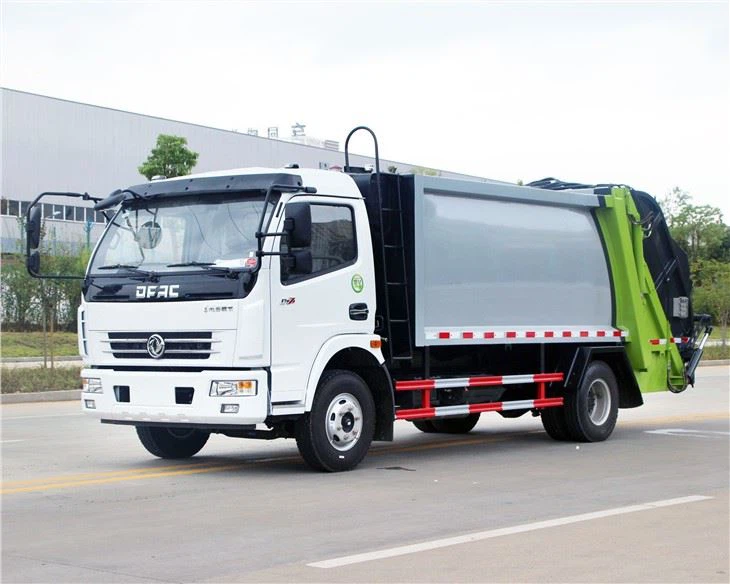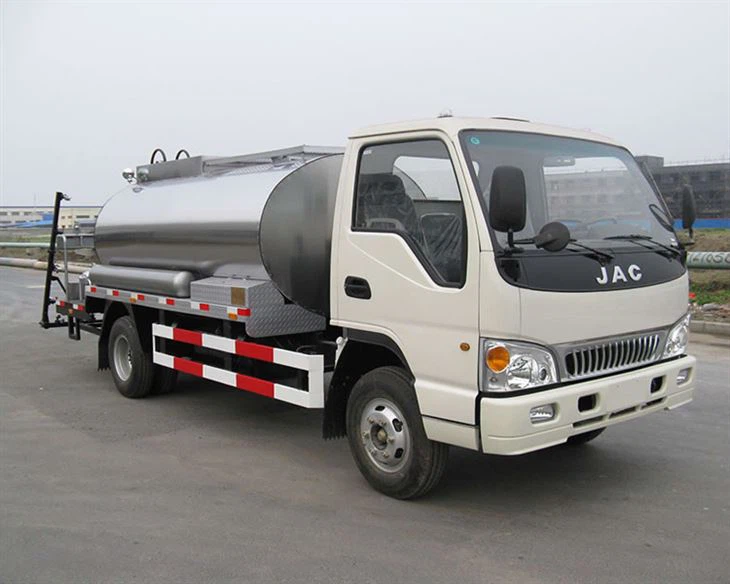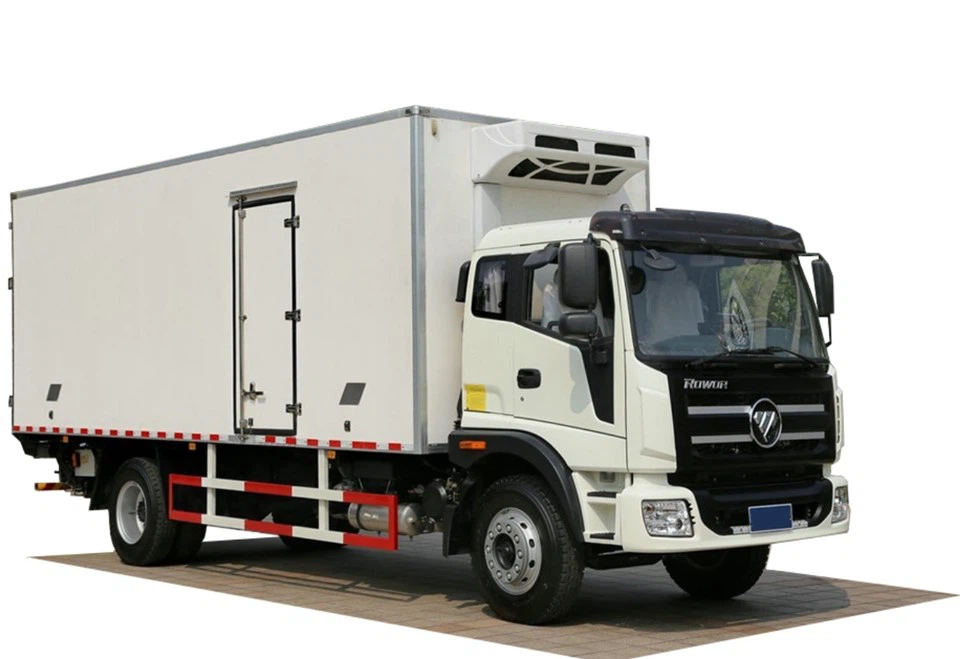Mini Garbage Compactor: The Ultimate Guide for Efficient Waste Management

In an era where sustainability is more important than ever, mini garbage compactors have emerged as an innovative solution for effective waste management. These compact machines offer an efficient means to reduce waste volume, save space, and promote environmental consciousness. In this comprehensive guide, we will delve into the world of mini garbage compactors, exploring their benefits, types, usage, and tips for choosing the right model. By the end of this article, you will have a thorough understanding of mini garbage compactors and how they can better your waste disposal practices.
What is a Mini Garbage Compactor?
A mini garbage compactor is a compact appliance designed to compress waste materials into smaller volumes. It makes waste disposal easier by reducing the frequency of disposal and minimizing the space needed to store garbage. Unlike traditional containers, mini garbage compactors utilize hydraulic or pneumatic power to apply pressure, transforming bulky waste into easily manageable sizes.
How Do Mini Garbage Compactors Work?
Mini garbage compactors operate using a simple yet effective mechanism. When waste is placed inside the compartment, a powerful motor activates a plunger that pushes down on the waste. This pressure reduces the volume by up to 75%, allowing for more efficient storage and disposal.
Key Features of Mini Garbage Compactors
- Compact Size: Ideal for homes, small businesses, and apartments.
- Efficient Compression: Reduces the volume of waste significantly.
- Durable Construction: Built to withstand heavy use over time.
- Energy-Efficient: Designed to use minimal power while providing optimal performance.
Benefits of Using a Mini Garbage Compactor
1. Space Savings

One of the most significant advantages of mini garbage compactors is their ability to save space. By compressing waste, these machines reduce the bulk that typical garbage bins would otherwise take up, making them ideal for smaller living environments.
2. Cost Efficiency
Less frequent trips to the dump or trash collection means less spending on waste disposal services. By using a mini garbage compactor, you’re likely to save money in the long run.
3. Environmental Impact
Reducing the volume of waste not only saves space but also lessens the environmental burden. When we minimize the amount of waste produced, we reduce the amount of landfill space required and contribute to a greener planet.
4. Odor Control
Mini garbage compactors often come with features that aid in odor control, such as sealed lids. This helps to minimize unpleasant smells in your immediate environment.
5. Versatility
These compactors can handle various types of waste, from household garbage to recyclables, making them versatile for multiple uses.
Types of Mini Garbage Compactors
1. Manual Mini Garbage Compactors
Manual compactors require you to compress the waste yourself, usually through a lever or a hand crank. They are often less expensive but may require more effort to operate.
2. Electric Mini Garbage Compactors
Electric compactors operate by pressing a button, allowing for more effortless waste compression. They are typically more expensive but offer greater convenience and efficiency.
3. Mobile Mini Garbage Compactors
These compactors are designed for easy transportation and are perfect for small businesses or events. They can be wheeled around easily, making them suitable for outdoor activities.
4. Built-in Mini Garbage Compactors
These units can be integrated into countertops or cabinetry, making them excellent for conserving kitchen space. They are stylish and nearly invisible, offering a seamless addition to any modern kitchen.
Choosing the Right Mini Garbage Compactor
1. Assess Your Waste Volume
Understanding how much waste you typically generate can help you select the right model. If you have larger volumes of waste, consider a model with a more powerful motor.
2. Consider Your Space
Ensure you have enough room for the unit. Measure the designated area to ensure the mini garbage compactor fits comfortably.
3. Evaluate Power Source
Decide between manual and electric models based on your preferences. Electric models offer convenience but may require proximity to an electrical outlet.
4. Research Brands
Look for reputable brands that offer warranties to ensure you are covered in case of issues with the unit.
Practical Examples of Mini Garbage Compactor Usage
1. Residential Use
In an apartment, a mini garbage compactor can significantly reduce the frequency of disposal. It can compress everyday kitchen waste into manageable bags, which can then be disposed of once a week.
2. Small Businesses
Restaurants can benefit from mini garbage compactors by compressing food waste and recyclables, leading to reduced waste collection costs and a cleaner work environment.
3. Events and Catering
Event planners can utilize portable mini garbage compactors to manage waste efficiently during events, reducing the number of trash bins needed and enhancing cleanliness.
Maintenance Tips for Mini Garbage Compactors
1. Regular Cleaning
It’s essential to clean your mini garbage compactor regularly to prevent odor and bacteria buildup. Use mild detergent and warm water to wipe down the interior and exterior surfaces.
2. Check for Damage
Inspect the compacting mechanism occasionally to ensure it is working correctly. Look for any signs of wear and tear, and make repairs as necessary.
3. Avoid Overloading
Follow the manufacturer’s guidelines for weight limits to avoid damaging the compacting mechanism. Overloading can lead to mechanical failure.
4. Store Properly
When not in use, cover the unit or store it in a dry area to protect it from dust and moisture, which can impair functionality.
Frequently Asked Questions (FAQs)
1. How much space does a mini garbage compactor require?

It varies by model, but most mini garbage compactors are designed to fit in kitchens or small storage areas, typically requiring only a few square feet.
2. Can mini garbage compactors handle recyclables?
Yes, many mini garbage compactors are suitable for compressing recyclables, helping to minimize the space these items take up before disposal.

3. Are mini garbage compactors energy-efficient?
Most modern mini garbage compactors are designed to be energy-efficient, consuming minimal power, particularly the electric models.
4. How often should I clean my mini garbage compactor?
It’s advisable to clean your mini garbage compactor every few weeks, or more frequently if you notice any unpleasant odors or visible residues.
5. Can I use a mini garbage compactor for commercial waste?
Yes, mini garbage compactors can be used for small-scale commercial waste, making them suitable for small businesses that generate limited amounts of garbage.
6. What types of waste should I avoid placing in a mini garbage compactor?
Avoid placing heavy metal objects, hazardous waste, and large bulky items that exceed the unit’s weight capacity.
